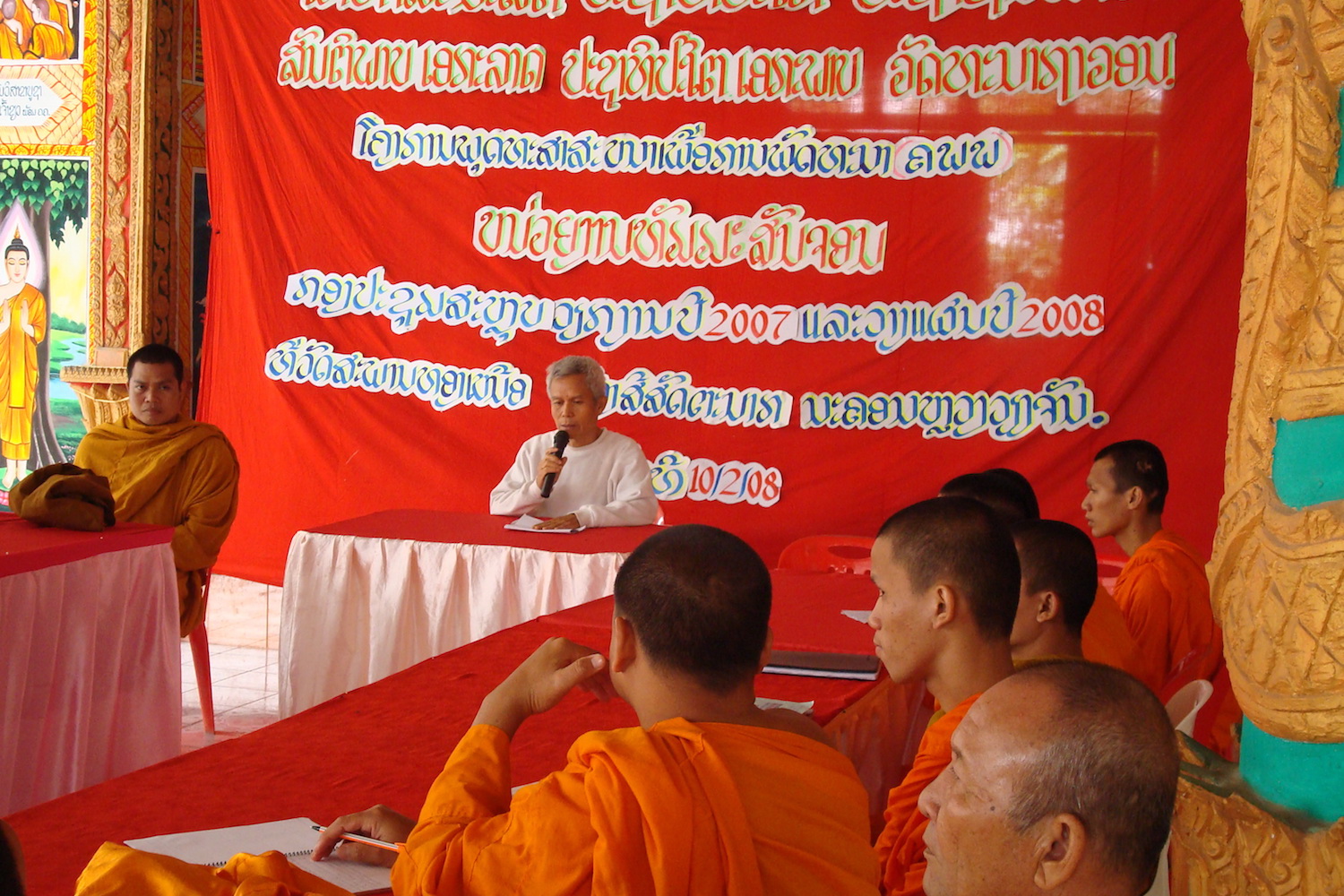We should be reminded that while concerns [regarding Sombath’s dissappearance) continue to be raised in the confines of the Universal Periodic Review and similar human rights dialogues, the policies and programmes of governments, donors, regional development banks and development agencies remain largely unaltered.
People’s Agenda for ASEM Parliamentarians
Final Declaration from The Asia Europe People’s Forum 12, Ghent, Belgium 1st October 2018
The People’s Agenda for ASEM Parliamentarians is an expression of the visions and demands of over 425 women and men who are citizens from diverse backgrounds, representing people’sorganisations from over 48 countries across Asia and Europe joined together to work for a Just, Equal and Inclusive Asia and Europe. We met in the Asia Europe People’s Forum12 in Ghent, Belgium between 29th September and 1st October 2018 ahead of ASEM12.
We are linked and brought together through the Asia Europe People’s Forum (AEPF). The AEPF is a strategic civil society gathering of Asian and European social movements, non-governmental organisations and campaign networks that are confronting poverty and inequality and working for social, economic and climate justice.
We are committed to promoting, consolidating and strengthening engagement with ASEM governments’ leaders, parliamentarians and related regional bodies and enabling people’svoices to be shared and heard.
We are committed to working in constructive ways with the governments who are members of ASEM to implement people-centred responses to the current crises in an effective and responsible manner.
We believe that priority must be given to poor, excluded and marginalised people and more democratic and accountable institutions must be in place to assure that processes and measures will lead to a just, equal, inclusive and sustainable Asia and Europe based on respect for gender equality and the promotion and protection of human, economic and socio-cultural rights, environmental security and the protection of our Commons.
The Enforced Disappearance of Sombath Somphone
On 15th December 2018, it will be six years since the enforced disappearance of Sombath Somphone. Sombath was one of the main organisers of AEPF9 held in Vientiane just before ASEM9. Sombath’s abduction on 15th December 2012 was captured by a police CCTV camera. Since then, the Lao PDR Government has provided no meaningful information to Sombath’s family,friends and the public about his abduction and continuing disappearance. Instead, successive statements and actions by the Lao Government indicate a continuing denial of its basic responsibility and obligations.
We should be reminded that while concerns continue to be raised in the confines of the Universal Periodic Review and similar human rights dialogues, the policies and programmes of governments, donors, regional development banks and development agencies remain largely unaltered.
We ask again that the Lao PDR agree to accept the continuing offer from other countries of technical support for the investigation.
We sincerely demand that the Lao Government complete their investigation into Sombath’sdisappearance, make public the investigation report, and take forward appropriate legal processes against the perpetrators of the crime. We urge ASEM member states to monitor the fulfilment of these demands and ensure that Sombath and his family receive the justice that is surely their right and that he is returned safely to his family.
We are sincerely presenting the People’s Agenda for ASEMParliamentarians to you, our elected and appointed representatives at local, national and regional levels. You, and the governments that you are part of, have the responsibility to ensure that we can all live in peace, security and dignity.
As Asian and European social movements, organisations, networks and citizens committed to working for a just and equal world, we call on our Asian and European Parliamentarians and our governments to join with us in taking forward a People’s Agenda founded on four fundamental principles:
i) the promotion of economic, social, cultural, civil and political rights as agreed in international human rights and humanitarian law;
ii) the promotion of environmentally, socially and economically sustainable patterns of development;
iii) greater economic and social equity and justice, including equality between women and men;
iv) the active participation of civil society organisations in democratic life, governance and decision-making process of their countries.
